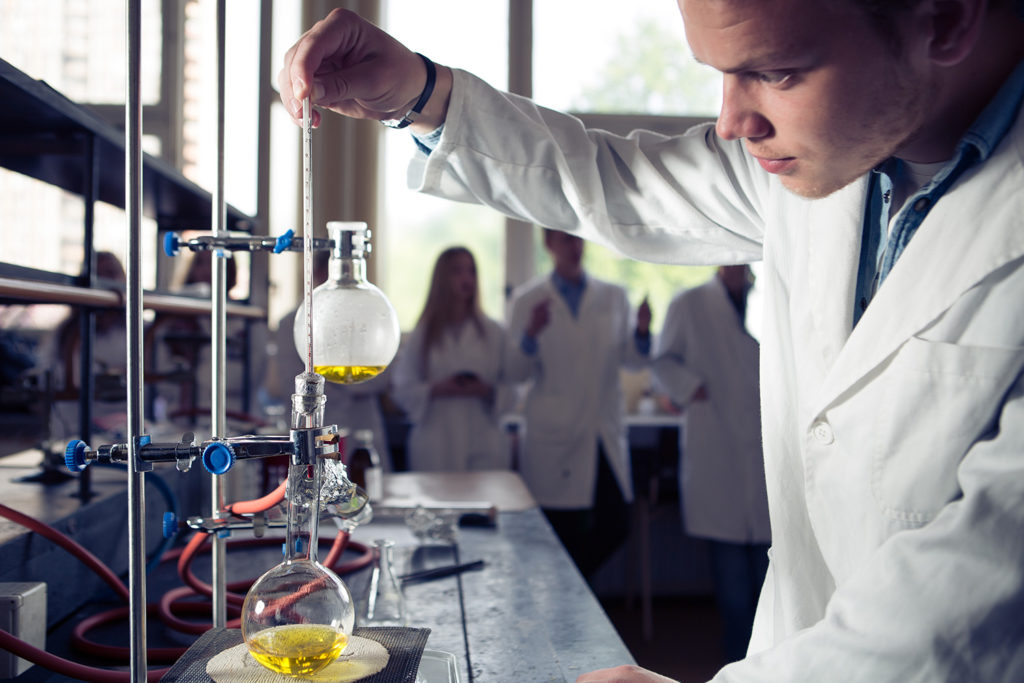 Stephen Conafay
Stephen Conafay
AWG Washington Counsel
Steve Conafay has 50 years of leadership and management experience in government relations, public policy and communications. As Founder, he provides strategic counsel on business strategy, client work, and new business development, and serves as a mentor for senior and junior staff members alike. He and his life partner, Marily Rhudy, consider their assembly of The Conafay Group’s team as one of the greatest achievements of their careers.
For 12 years, Mr. Conafay was vice president of government relations for Pfizer, where he was elected as a corporate officer in 1984. He served as senior vice president of corporate affairs for Glaxo Inc., where he was also a member of the Board of Directors. After heading the legislative practice for Jones, Day, Reavis and Pogue, the world’s second largest law firm, he was tapped by the Pharmaceutical Research and Manufacturers of America (PhRMA) to assume the No. 2 position of executive vice president of strategic and legislative affairs. He also served as an executive fellow at the American Enterprise Institute, the leading free market think tank in the U.S. After moving to the New York area, Mr. Conafay joined Shandwick, where he assumed several positions of increasing responsibility, culminating with his appointment as chief executive officer for The Americas-East in 2000. In 2012, he founded The Conafay Group, and maintains an active role in its management, as a player-coach.
Mr. Conafay is a lawyer and a decorated Vietnam veteran. He served as a combat infantry platoon leader and was awarded the Silver Star (the 3rd highest award for heroism under fire), Bronze Star with Oak Leaf Cluster, the Air Medal (for participating in 25 combat assaults) and the Army Commendation Medal, among others. He is also an avid golfer and has been a member of Congressional Country Club for over 40 years. Mr. Conafay is a lifelong fan of Giants baseball, dating back to when Willie Mays and Monte Irvin roamed the outfield in the Polo Grounds. To stay fit, he is a Concept 2 (erg) rower, where he maintains an international ranking in over 6 events. In the recent, 2024 National Indoor Rowing Championships, he captured 2nd place (Silver medal) for his age group in the 500-meter event.


 René Russo, PharmD, BCPS
René Russo, PharmD, BCPS Roger J. Pomerantz, M.D., F.A.C.P.
Roger J. Pomerantz, M.D., F.A.C.P. Christine Ann Miller
Christine Ann Miller Graham G. Lumsden
Graham G. Lumsden Marco Taglietti, M.D.
Marco Taglietti, M.D. Ankit Mahadevia
Ankit Mahadevia Jeffrey Stein, Ph.D.
Jeffrey Stein, Ph.D. Evan Loh, M.D.
Evan Loh, M.D. Michael Dunne, M.D
Michael Dunne, M.D Ciara Kennedy, Ph.D.
Ciara Kennedy, Ph.D. Ted Schroeder
Ted Schroeder Kevin Finney
Kevin Finney

 Stephen Conafay
Stephen Conafay Christopher J. Burns, Ph.D.
Christopher J. Burns, Ph.D.

 Corey Fishman
Corey Fishman Felix Faupel
Felix Faupel Adrian Nivoliez
Adrian Nivoliez